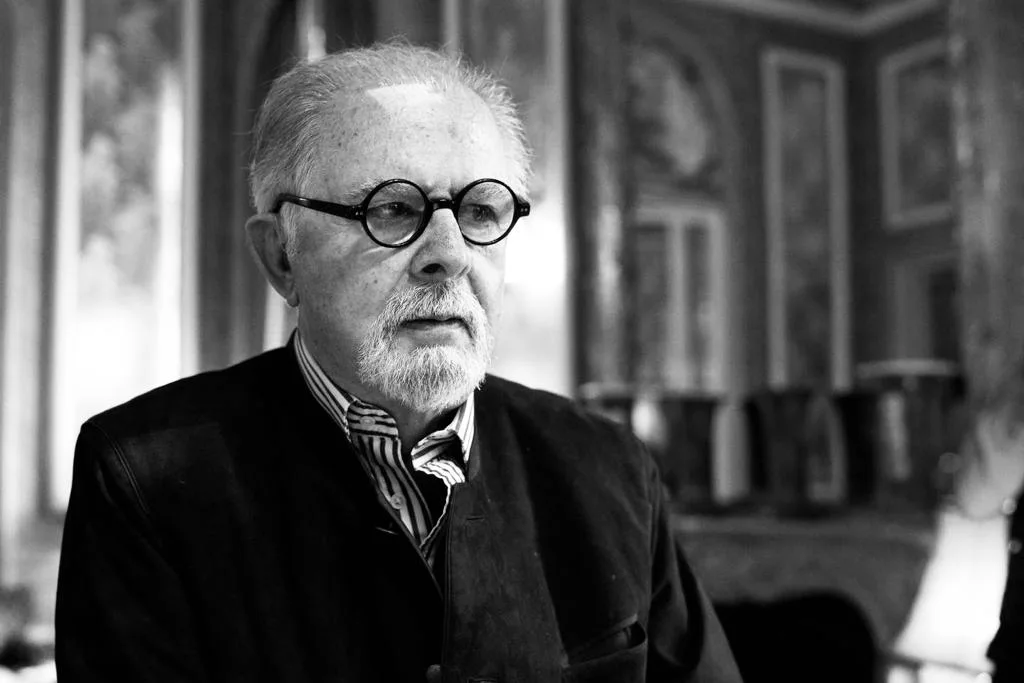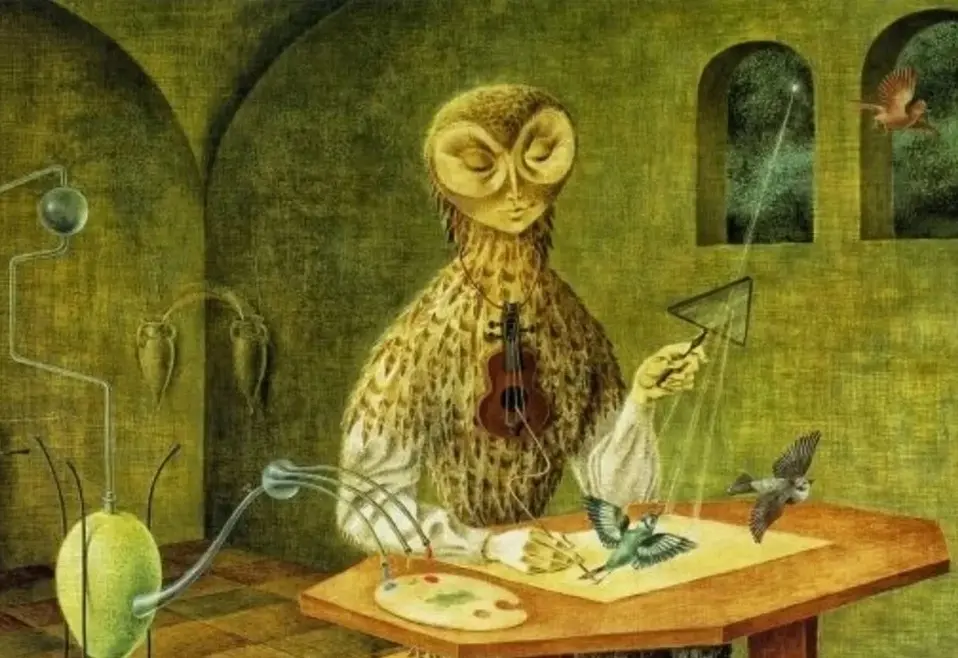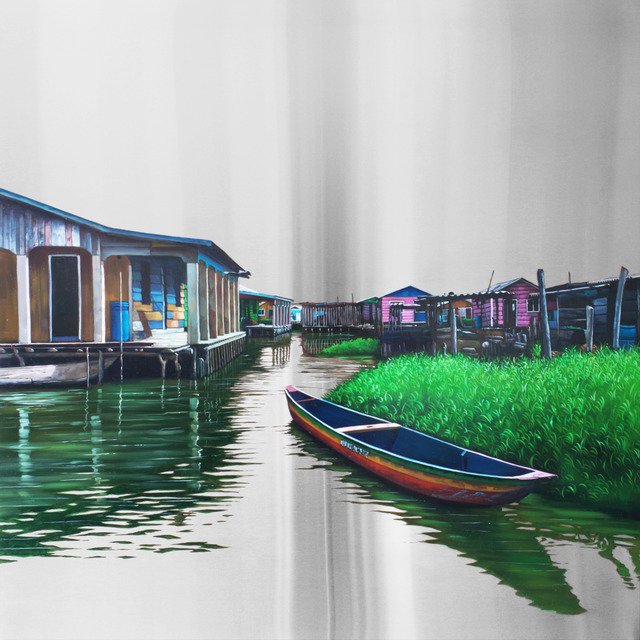
One of the most interesting aspects of Sair García’s work is his artistic evolution over time. From his earliest lines, which reflected the influence of the great masters of art, to his most recent and avant-garde pieces, Sair has demonstrated a relentless pursuit of his artistic voice.
His artistic career, which spans more than two decades, has consistently dealt with various aspects of the Colombian armed conflict. Through painting, sculpture and installation, García has approached not only the active actors of the conflict, but also the human drama that ends up affecting individuals, institutions, relationships and dynamics of the disputed territory, in this particular case the Colombian Magdalena Medio.
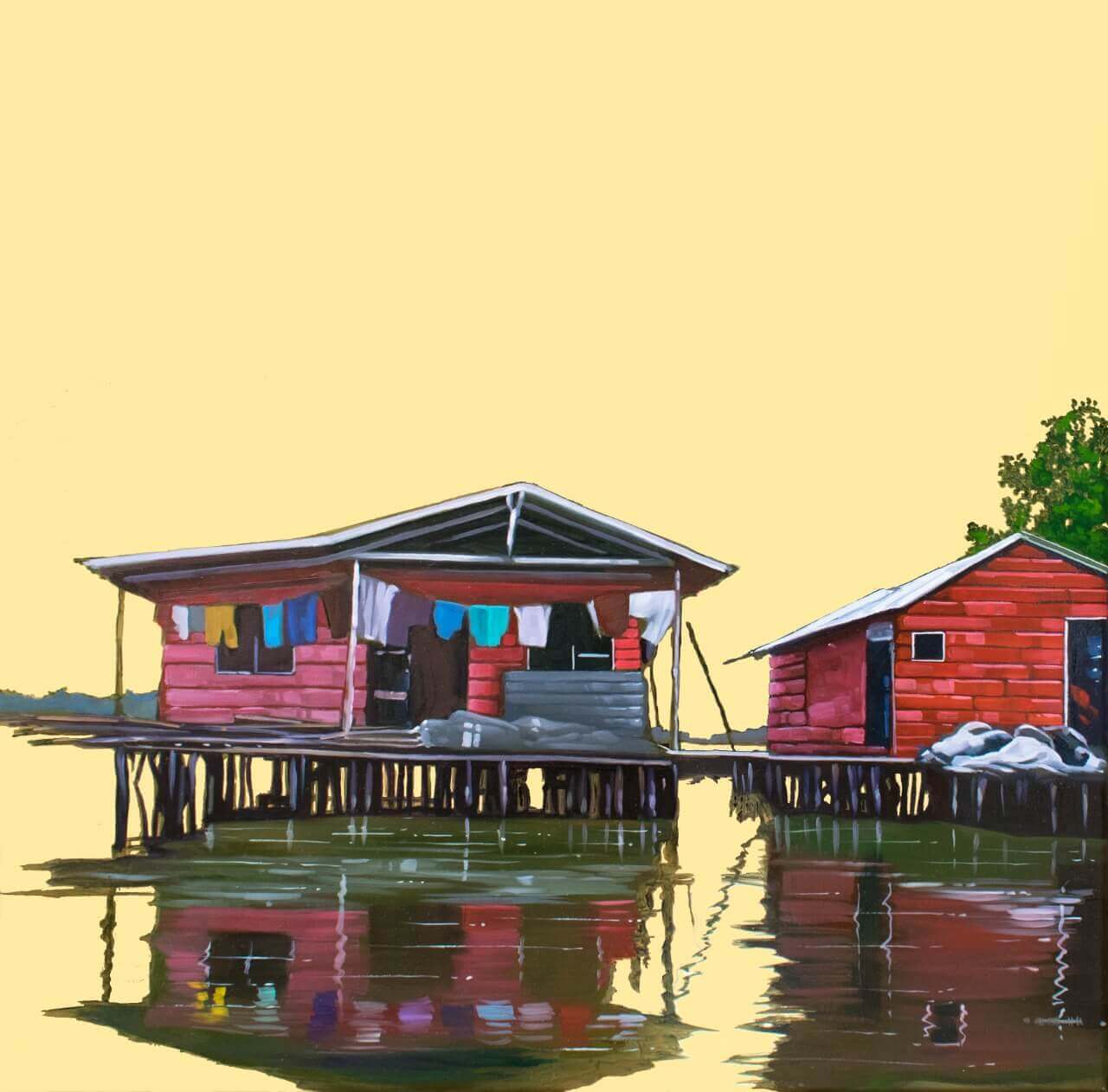
He spent his childhood and adolescence in Barrancabermeja, on the banks of the Magdalena River, Colombia’s main river artery. As a riparian, but more than anything from his role as a Magdalenian, in the 1980s he experienced the transformation of the river, which, in the artist’s words, went from being an element of development, a playful element, to being a container of fear and death. By 1988 García experiences first-hand the misfortune of the Colombian armed conflict with the disappearance of one of his brothers, who in 2023 completes 35 years of disappearance.
Thus, the Magdalena River, Colombia’s main river artery, has been a source of inspiration and a fundamental element in the work of artist Sair García.
The artist experienced firsthand the metamorphosis of the river and its surroundings. For him, the Magdalena was not just a body of water, but a living, palpable entity that contained the history and tragedies of his homeland.
The Magdalena River thus became a powerful and evocative symbol in Sair García’s work. His paintings, sculptures and installations reflect the duality of the river as a witness to Colombia’s natural beauty and, at the same time, as an observer of the tragedy and conflict that have marked the country’s history. The Magdalena stands as a natural stage where both violence and resistance, life and death, past and present occur, encapsulating the complexity of Colombian reality. It is a reflection of the country’s transformation, its scars and hopes.
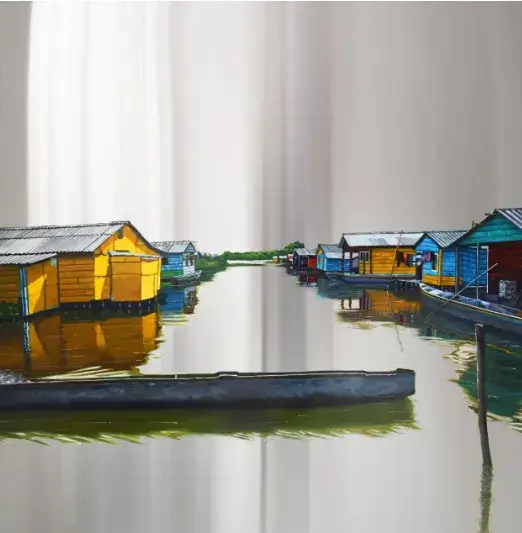
Through his poetic lyricism, Sair García seeks to give voice to those who have been silenced by the conflict. His art appeals to the viewer’s sensitivity, inviting them to reflect on the human and social consequences of the armed conflict, and at the same time, to value the beauty and cultural richness of the Magdalena Medio region.
Sair García’s work is unique in that it achieves a sharp critical commentary on Latin American socio-political history and its inherent violence through the landscape as the central theme, the natural setting where it occurs.
Through works that appeal primarily to poetic lyricism for the treatment of sensitive issues, García bets on a vision of conflict that focuses on the human and moves such phenomena from the local to the global.
In addition to his work in painting, Sair has also ventured into the creation of immersive art installations. These installations envelop the viewer in a sensory environment and invite him or her to become an active part of the artistic experience. Through the use of sculptures, projections and music, Sair manages to amplify the emotional connection with the audience and expand the traditional boundaries of art.

